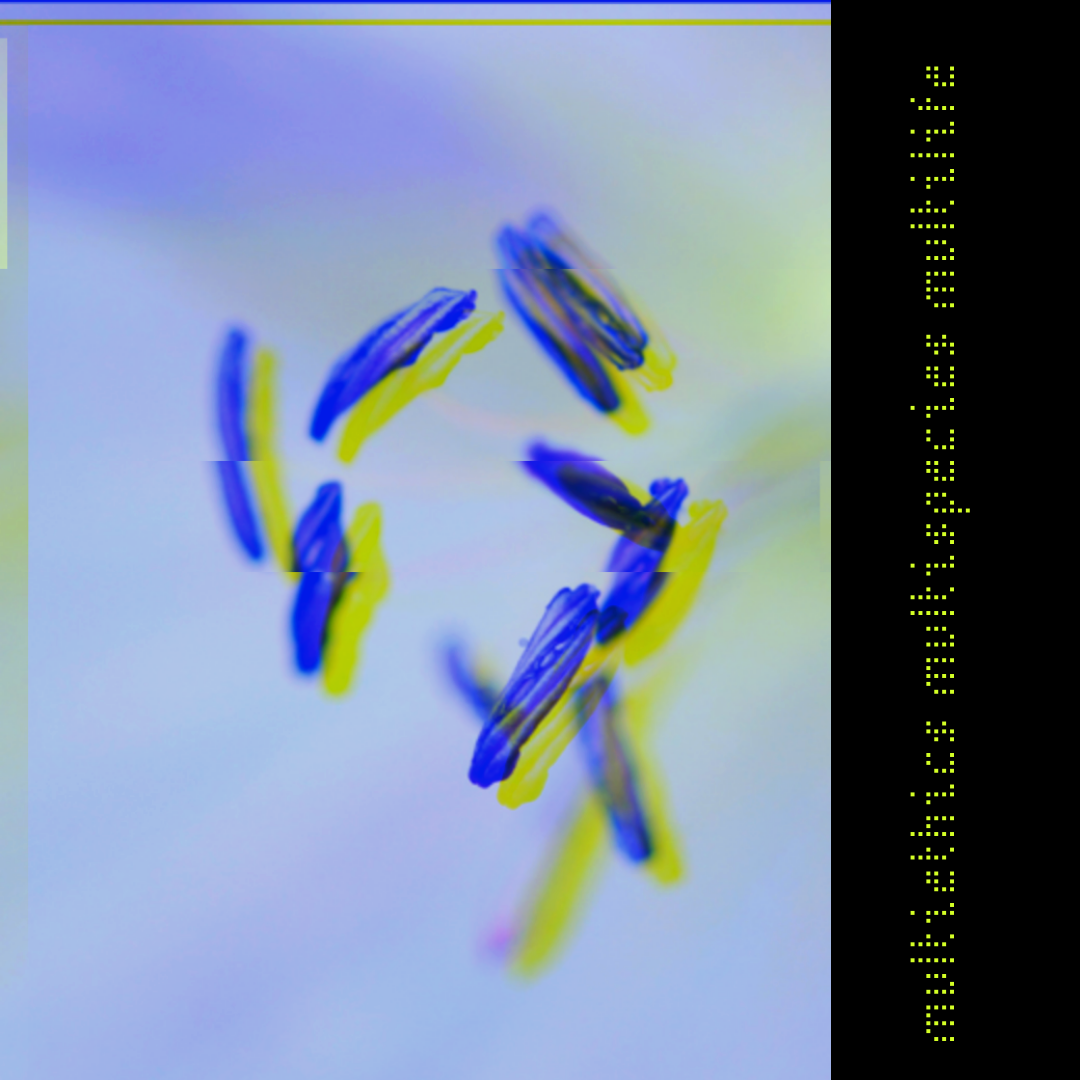
Fleda Brown
Artist Statement: Talking & Listening to Plants
I was walking with my friend Teresa through the little garden she made in her backyard. It is a pretty wild affair, no careful rows. “I used to eat flowers,” I told her. I don’t know the name of the peppery little blossoms that tasted good, but I ate them. “Sounds like a poem,” she said, so I made one. It is true that I wanted to be a part of the earth like the flowers. It is true that I still sometimes chew on grasses. Maybe any self-respecting poet is the same. I distrust moving too far away, to where you can’t touch things. Most word roots come from the tangible. The loss in the poem is two things: of childhood—that “Nothing can bring back the hour / of splendor in the grass, of glory in the flower” (Wordsworth, of course), and the destruction of what made my childhood so rich—the open fields, the dense woods, the birds. The destruction is worse, because this is not all about me.
I work all the time with that sense of loss. I live with it, the way we all do. There is a word for that: solastalgia, the pain of watching the world change under your feet. It’s always changed, and people have always predicted the end of the world, but this is different, I think, because we can see farther than our ancestors could. We know, for example, that the entire planet will die. I’m not a politician or an inventor. So I write poems.
Fleda Brown’s tenth collection of poems, Flying Through a Hole in the Storm (2021) won the Hollis Summers Prize from Ohio University Press and is an Indie finalist. Her work has appeared three times in Best American Poetry and has won a Pushcart Prize, the Felix Pollak Prize, the Philip Levine Prize, and the Great Lakes Colleges New Writer’s Award, and has twice been a finalist for the National Poetry Series. Her new memoir is Mortality, with Friends (Wayne State University Press, an MIPA Winner and Midwest Book Award winner in memoir). She was poet laureate of Delaware from 2001-07.

